No link between autism and MMR vaccine, major new study confirms
Anti-vaxxers have been blamed for global surge in measles cases
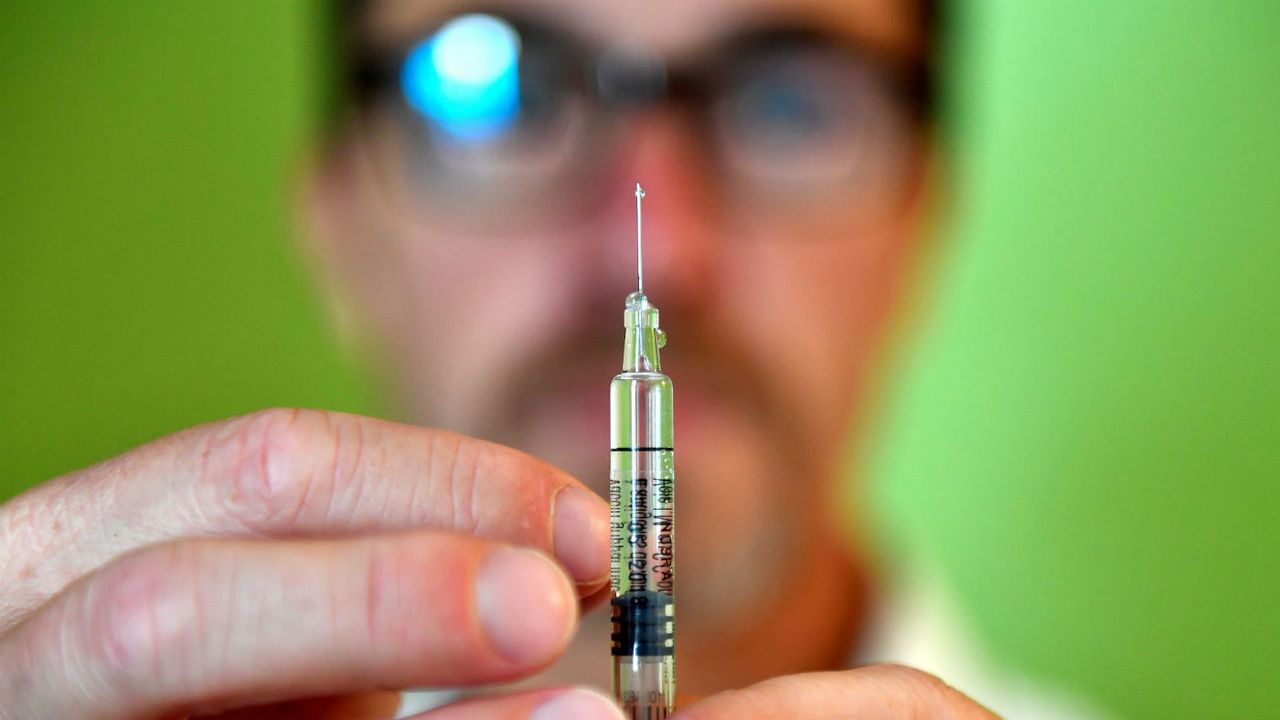
Scientists have confirmed that there is no link between autism and the MMR vaccine, in the largest ever study of its kind.
The researchers, from Statens Serum Institut in Copenhagen, looked at every child born in Denmark to Danish-born mothers between 1999 and 2000.
The 657,461 children were tracked from the age of one until 2013, during which period more than 95% of the children received the measles, mumps and rubella (MMR) vaccine, and 6,517 were diagnosed with autism spectrum disorder, CNN reports.
Subscribe to The Week
Escape your echo chamber. Get the facts behind the news, plus analysis from multiple perspectives.

Sign up for The Week's Free Newsletters
From our morning news briefing to a weekly Good News Newsletter, get the best of The Week delivered directly to your inbox.
From our morning news briefing to a weekly Good News Newsletter, get the best of The Week delivered directly to your inbox.
After factoring in known risk factors including age of the parents, diagnosis of autism in a sibling, preterm birth and low weight at birth, the researchers concluded that the MMR vaccine did not increase the risk of autism in children who were not considered at risk for the disorder, and did not trigger it in those who were.
In fact, although no causal link was established by the study - outlined in a paper in the journal Annals of Internal Medicine - the scientists found that children who had been given the MMR vaccination were 7% less likely to be diagnosed with autism than those who did not get the jab, The Daily Telegraph reports.
“The study strongly supports that MMR vaccination does not increase the risk for autism, does not trigger autism in susceptible children, and is not associated with clustering of autism cases after vaccination,” the study says. “We believe our results offer reassurance and provide reliable data.”
The new study further disproves the controversial findings of gastroenterologist Andrew Wakefield, who hypothesised in a 1998 paper that the MMR vaccine was linked to autism. “Symptoms of the condition often begin to manifest at about the time the jab is given, between 12 and 15 months old”, leading some parents to conclude that his theory might be correct, says The Guardian.
In the ensuing scare, “one in five children missed out on the vaccination”, adds the Telegraph. Wakefield’s paper was later withdrawn and in 2010 he was struck off the medical register.
The new Danish study has been welcomed by Paul Offit, director of the Vaccine Education Center at Children’s Hospital of Philadelphia, who said it backs up the findings of previous research.
“At this point, you’ve had 17 previous studies done in seven countries, three different continents, involving hundreds of thousands of children,” Offit said. “I think it’s fair to say a truth has emerged.”
Nevertheless, the number of children in the UK having MMR vaccinations has been “falling for years”, the Daily Mail reports. And recent analysis from Unicef shows that measles cases increased by 48.4% worldwide between 2017 and 2018.
Just ten countries, including Brazil, the Philippines and France, accounted for “nearly three-quarters of the total increase in measles cases in 2018”, notes CNN.
Sign up for Today's Best Articles in your inbox
A free daily email with the biggest news stories of the day – and the best features from TheWeek.com
-
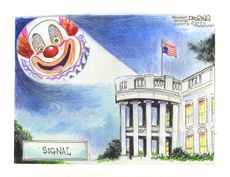 5 tactically sound cartoons about the leaked Signal chat
5 tactically sound cartoons about the leaked Signal chatCartoons Artists take on the clown signal, baby steps, and more
By The Week US Published
-
 Roast lamb shoulder with ginger and fresh turmeric recipe
Roast lamb shoulder with ginger and fresh turmeric recipeThe Week Recommends Succulent and tender and falls off the bone with ease
By The Week UK Published
-
 Adolescence and the toxic online world: what's the solution?
Adolescence and the toxic online world: what's the solution?Talking Point The hit Netflix show is a window into the manosphere, red pills and incels
By The Week Staff Published
-
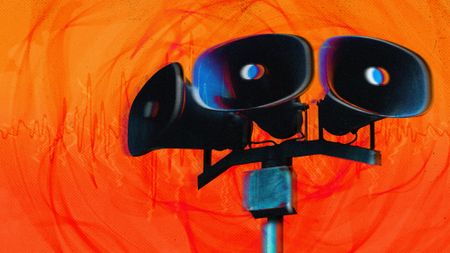 'Like a sound from hell': Serbia and sonic weapons
'Like a sound from hell': Serbia and sonic weaponsThe Explainer Half a million people sign petition alleging Serbian police used an illegal 'sound cannon' to disrupt anti-government protests
By Abby Wilson Published
-
 The arrest of the Philippines' former president leaves the country's drug war in disarray
The arrest of the Philippines' former president leaves the country's drug war in disarrayIn the Spotlight Rodrigo Duterte was arrested by the ICC earlier this month
By Justin Klawans, The Week US Published
-
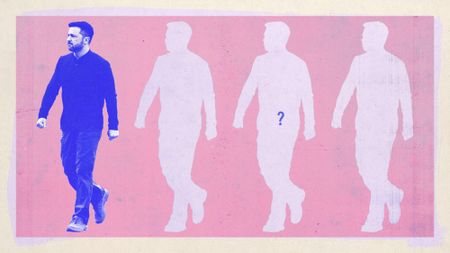 Ukrainian election: who could replace Zelenskyy?
Ukrainian election: who could replace Zelenskyy?The Explainer Donald Trump's 'dictator' jibe raises pressure on Ukraine to the polls while the country is under martial law
By Sorcha Bradley, The Week UK Published
-
 Why Serbian protesters set off smoke bombs in parliament
Why Serbian protesters set off smoke bombs in parliamentTHE EXPLAINER Ongoing anti-corruption protests erupted into full view this week as Serbian protesters threw the country's legislature into chaos
By Rafi Schwartz, The Week US Published
-
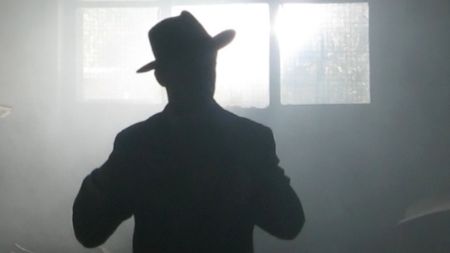 Who is the Hat Man? 'Shadow people' and sleep paralysis
Who is the Hat Man? 'Shadow people' and sleep paralysisIn Depth 'Sleep demons' have plagued our dreams throughout the centuries, but the explanation could be medical
By The Week Staff Published
-
 Why Assad fell so fast
Why Assad fell so fastThe Explainer The newly liberated Syria is in an incredibly precarious position, but it's too soon to succumb to defeatist gloom
By The Week UK Published
-
 Romania's election rerun
Romania's election rerunThe Explainer Shock result of presidential election has been annulled following allegations of Russian interference
By Sorcha Bradley, The Week UK Published
-
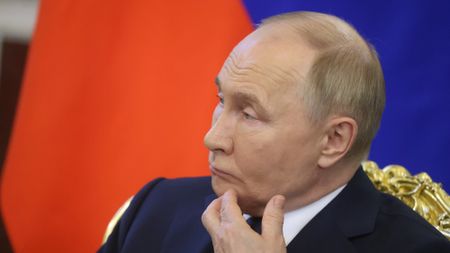 Russia's shadow war in Europe
Russia's shadow war in EuropeTalking Point Steering clear of open conflict, Moscow is slowly ratcheting up the pressure on Nato rivals to see what it can get away with.
By The Week UK Published